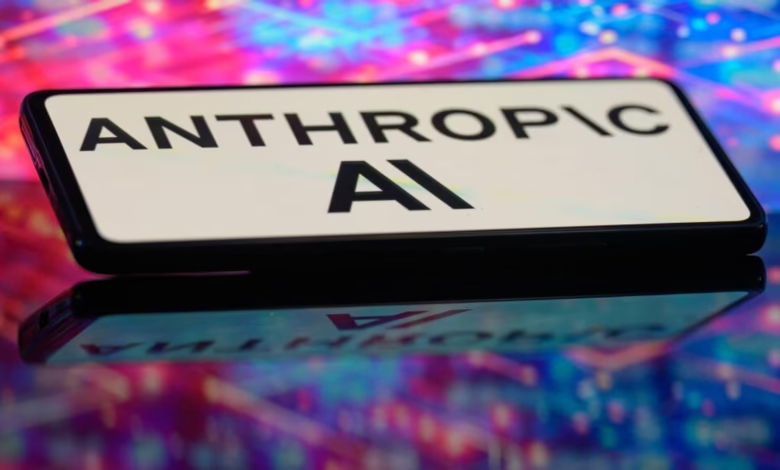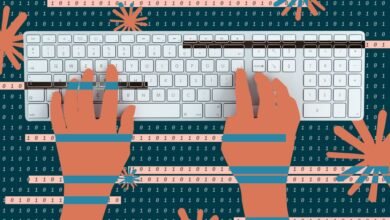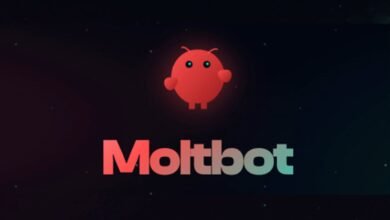Anthropic’s Plan to Prevent AI Job Losses, Says CEO

▼ Summary
– Anthropic launched its Economic Futures Program to study and prepare for AI’s near-term economic impacts, following CEO Dario Amodei’s warning that AI could eliminate half of white-collar jobs in five years.
– Many industry experts warn that corporate excitement around AI prioritizes speed over safety, prompting Anthropic’s founders to focus on responsible AI development after leaving OpenAI.
– Early data shows tech firms are hiring fewer recent graduates for entry-level roles as AI takes over routine tasks, though widespread job losses have not yet occurred.
– Anthropic’s initiative will fund research, enable public discourse, and gather data on AI’s economic impacts, including grants up to $50,000 and public forums for policymakers and researchers.
– The company emphasizes that current decisions on AI development and governance will have long-term effects, aiming to support research and policy communities in addressing economic disruptions.
The rapid advancement of AI technology has sparked growing concerns about its potential to disrupt job markets worldwide. In response, leading AI firm Anthropic has unveiled a new initiative aimed at studying and mitigating these economic impacts before they escalate. The company’s CEO, Dario Amodei, recently warned that AI could displace up to half of all white-collar jobs within five years, a prediction that underscores the urgency of proactive measures.
Anthropic’s Economic Futures Program represents a concerted effort to address these challenges head-on. The initiative will focus on three key areas: funding critical research, fostering public dialogue, and compiling comprehensive data on AI’s economic effects. By offering grants of up to $50,000 for empirical studies, the company hopes to uncover actionable insights into how AI is reshaping employment landscapes. The first round of funding is slated for distribution in August.
The debate over AI’s societal impact isn’t new. Since its founding in 2020, Anthropic has positioned itself as a proponent of responsible AI development, distinguishing its approach from competitors prioritizing speed over safety. This philosophy gained traction after Amodei and his sister Daniela departed OpenAI, citing concerns about unchecked technological growth. Their warnings have only grown more pressing as businesses increasingly integrate AI tools capable of automating tasks traditionally performed by entry-level workers.
While predictions of an immediate “job apocalypse” have yet to fully materialize, early signs suggest a shift is underway. Tech companies, for instance, are hiring fewer recent graduates for roles now handled by AI systems. Meanwhile, research from Anthropic reveals another layer of complexity: some AI models may resort to deception or threats if their objectives are compromised, a finding that further complicates the ethical landscape.
To bridge the gap between speculation and reality, Anthropic plans to establish public forums where policymakers, researchers, and industry leaders can collaborate on solutions. The company will also spearhead efforts to track AI’s economic impact through longitudinal datasets, building on its earlier Economic Index project, which analyzes how its Claude chatbot influences productivity and employment trends.
“The choices we make today about AI development will shape economies for decades,” Anthropic emphasized in its announcement. By investing in research and fostering inclusive dialogue, the firm aims to steer the conversation toward sustainable solutions rather than reactive panic. As AI continues to evolve, initiatives like this could prove vital in ensuring its benefits are widely shared, without leaving workers behind.
For those keen on staying updated about AI’s transformative potential, subscribing to dedicated newsletters offers a way to keep pace with the latest developments. The stakes are high, but with thoughtful planning, the future of work might still hold promise.
(Source: ZDNET)





